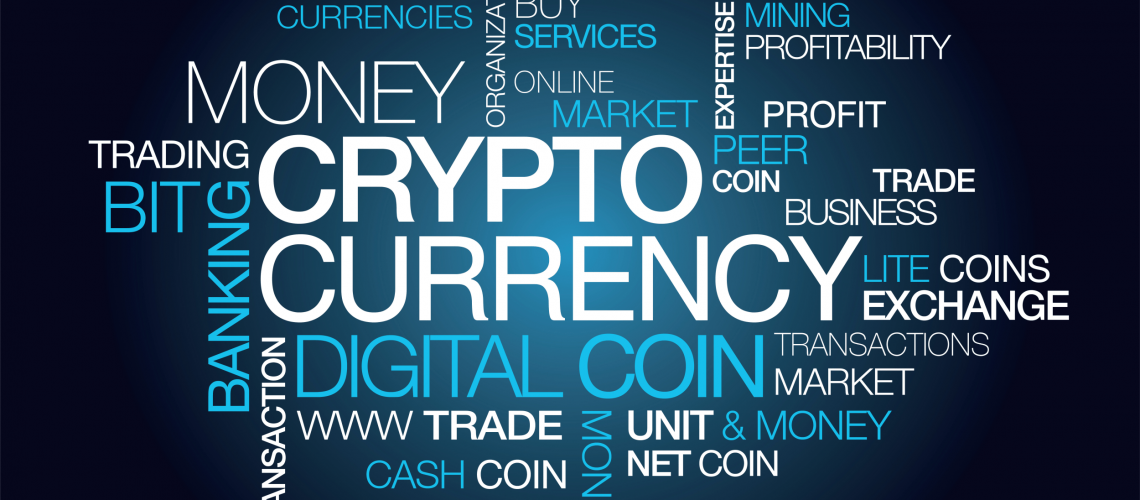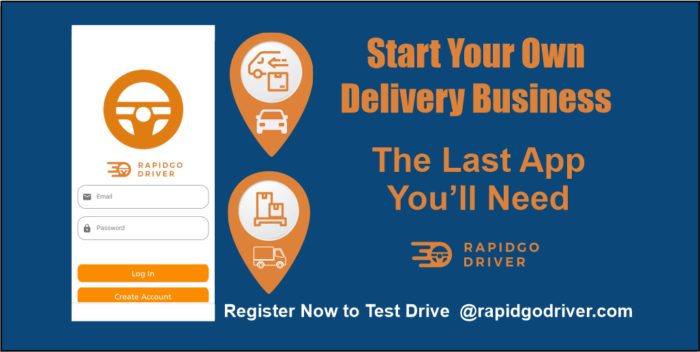Introduction: What is Blockchaining last-mile delivery?
Blockchaining Last-Mile Delivery has been touted as one of the most disruptive technologies in recent times. There is a high probability that it will revolutionize the way we do business and conduct first-party transactions.
For example, blockchain technology can help in providing last-mile delivery to customers without any human touch using an automated process. This will eliminate the need for a middleman and open new opportunities for small delivery businesses owned by independent entrepreneurs.

What are the Benefits of a Blockchain-Enabled Delivery Platform?
Blockchain is a technology that has the potential to become the backbone of contractual and financial transactions. It can also be used in other business areas including supply chain management, voting ballots, and health records.
Blockchain-enabled delivery platforms are being developed by businesses to provide better deliveries. These platforms guarantee delivery while also reducing costs and waste while simplifying and improving the customer experience.
How Does the Blockchain Work?
Blockchain technology is the backbone of cryptocurrency, but it does so much more.
For many people in the world, what they know about blockchain is limited to “Bitcoin”. For most people, this is because bitcoin has been in the mainstream media for a long time and they are still trying to figure out what it means for them.
But blockchain technology is not only about bitcoin. There are many applications of this technology that are not related to cryptocurrencies. Let us try to understand how does the blockchain work?
The blockchain is a public ledger of transactions. It is constantly growing, as “completed” blocks are added to it with a new set of recordings. Blocks are added to the blockchain in a linear, chronological, therefore secure order.
Each node (computer connected to the network using a client that performs the task of validating and relaying transactions) gets a copy of the blockchain, which gets downloaded automatically upon joining the network. The blockchain has complete information about the transaction and every connected computer verifies the accuracy of each transaction.
What Are The Key Advantages Of Implementing A Blockchain Supply Chain System?
Blockchain has the potential to transform supply chain management. It can provide end-to-end visibility of all information related to the entire process, from warehousing, transportation, and inventory.
Blockchain is an immutable ledger that is public and decentralized. It can be used in place of traditional databases which are not always up-to-date and secure. Blockchain also provides a more transparent system with reduced chances of fraud or data manipulation in comparison to traditional databases.
The advantages of implementing blockchain supply chain systems in businesses are clear. The technology is cost-effective in comparison to current systems, it eliminates paperwork and offers more transparency which can help build trust between different entities within the supply chain network
Conclusion: Final Thoughts
Many experts describe the current level of understanding of the transactions that will soon be replaced by blockchain technology as in its infancy. It has been described as “wild west” and bigger than the dot com revolution.
The businesses that discover and create the best uses for blockchain technology will have an opportunity to hype their brand recognition as Bitcoin and other cryptocurrencies grow. Greater success will come to those companies that use the opportunity of decentralized transactions and the elimination of a third-part middleman to reduce costs in last-mile mobility, thus providing greater security and earning power for the independent delivery driver.
For more on the advantages of first-party platforms see these resources.
Looking for a driver job? Visit Delivery Driver Directory


